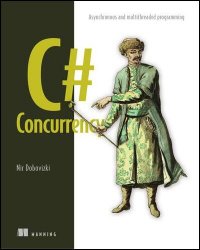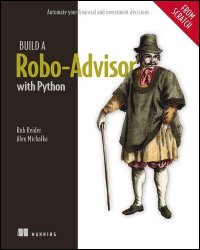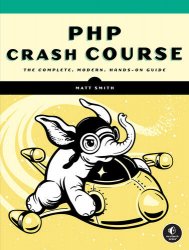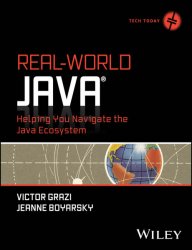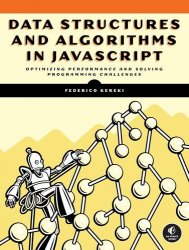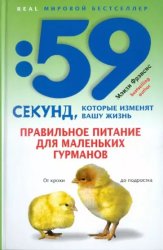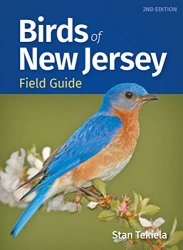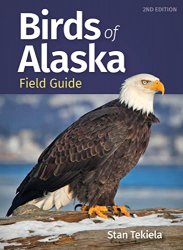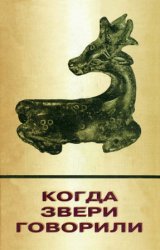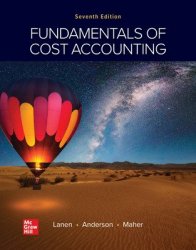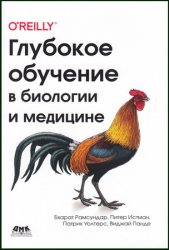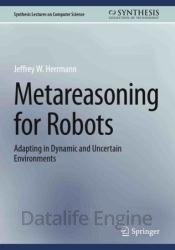 Название: Metareasoning for Robots: Adapting in Dynamic and Uncertain Environments
Название: Metareasoning for Robots: Adapting in Dynamic and Uncertain EnvironmentsАвтор: Jeffrey W. Herrmann
Издательство: Springer
Год: 2023
Страниц: 102
Язык: английский
Формат: pdf (true), epub
Размер: 16.8 MB
This book is a state of the art resource that robotics researchers and engineers can use to make their robots and autonomous vehicles smarter. Readers will be able to describe metareasoning, select an appropriate metareasoning approach, and synthesize metareasoning policies. Metareasoning for Robots adopts a systems engineering perspective in which metareasoning is an approach that can improve the overall robot or autonomous system, not just one component or subsystem. This book introduces key concepts, discusses design options for metareasoning approaches and policies, and presents approaches for testing and evaluation of metareasoning policies. After considering the conceptual design phase, it discusses how to implement metareasoning in the robot’s software architecture and how to synthesize metareasoning policies. Every chapter has references to valuable works on robotics and metareasoning, and the book uses examples from the author’s own research and from other research groups to illustrate these ideas. In addition, this book provides links to books and papers for readers who wish to investigate these topics further.
This book is for engineers and programmers who wish to design a better robot. It describes Metareasoning, a type of Artificial Intelligence (AI) that one can use to improve the robot’s ability to reason in the face of its limited resources and in a dynamic, uncertain environment. Metareasoning can select the best planning algorithm, recover from a reasoning process failure, and adjust the parameters of a reasoning algorithm. Although metareasoning has been discussed for many years, only now are engineers and programmers beginning to use it to design more intelligent robots that are safer and more reliable.
From this characterization, they then used Supervised Learning to train a feed-forward neural network classifier that predicts the optimal action (“continue” or “stop”) given the time, the current solution quality, the solution quality at the last time step, slope, and flatness. The slope of the performance profile equals the difference in solution quality divided by the difference in time, and the flatness equals the number of previous time steps for which the solution quality value has not changed. The neural network had three layers. They also used Supervised Learning to train a recurrent neural network (RNN) that models the relation between a sequence of utility values and a sequence of reasoning options.
This book is designed for engineers, roboticists, computer scientists, students, and others who wish to improve the performance of their robots with metareasoning. The chapters refer to a variety of technologies and algorithms that are used to develop robots; where possible, they provide links to references where readers can learn more about those topics. They also cite papers that describe previous work on metareasoning approaches. Each chapter has a list of references cited.
Contents:
Скачать Metareasoning for Robots: Adapting in Dynamic and Uncertain Environments
[related-news] [/related-news]
Комментарии 0
Комментариев пока нет. Стань первым!

